Three trailblazing women — Kristen Bell, Josina Anderson, and Dominique Moceanu — were on hand to honor 23 gymnasts at a recent gala in Los Angeles.
It was a night to be remembered after a year that some athletes in the gymnastics community might like to forget.
Since 2010, the Foundation for Global Sports Development Humanitarian Award has typically been presented to an Olympian during the Summer Games or Winter Games.
But this year was different.
“We decided, in this case, to honor the gymnasts [who came forward about abuse] because they’re the heroes,” says David Ulich, president of the foundation.
The award is given to individuals and organizations who have stepped up as leaders and champions for equality or social, economic, political, or environmental justice. It honors those who actively fight against indifference, injustice, and intolerance.
Past recipients of the award include Olympian and advocate Anita DeFrantz as well as champion swimmer and fellow International Olympic Committee member Richard Pound.
“These gymnasts have been fighting hard — for all of us,” said actress and advocate Kristen Bell when she spoke at the event on April 28. “Fighting the men that abused them, but also, and maybe more importantly, fighting the silence.”
Former athletes, Paralympians, and advocates of the cause all joined forces to support the courageous women of the gymnastics community who had come forward to speak out about the abuse they had suffered at the hands of former coach Doug Boger, and former gymnastics physician Larry Nassar.
Some of the honorees — ranging in age from 15 to 58 — present to accept the 2018 Humanitarian Award on behalf of all of the survivors included Larissa Boyce, Alexis Alvarado, Alexis Moore, Makayla Thrush, and Sarah Klein.
“The event also marked the launch of the foundation’s new abuse prevention program, which is set to begin in schools nationwide next year. FGSD has designated $1 million to develop the educational program, which will be launched in collaboration with Childhelp, an international leader in child abuse prevention and awareness.”
Ulich and the foundation’s co-founder, Steven Ungerleider, share a vision for every child to experience the joy of sport in a safe environment.
“Let’s start by listening to, honoring, and supporting a movement that seems to hold all of us accountable,” Ungerleider added.
California will be the first state for the rollout of the program, and athletes and survivors are encouraged to volunteer as participants. “Champion Ambassadors” will be on hand to introduce the comprehensive educational curriculum that the organization says will be research-based and evidence-informed. The goal is to benefit all youth — including athletes — and will also offer materials and support for educators, parents, school administrators, coaches, and community members.
Additionally, the foundation will be developing a digital platform as an extension to the program and as a way to connect all participants. Through the partnership with Childhelp, participants will have access to the 24/7 nationwide child abuse hotline staffed by crisis counselors who can provide intervention and assistance in over 170 languages.
Learn more about the Foundation for Global Sports Development by visiting www.globalsportsdevelopment.org.







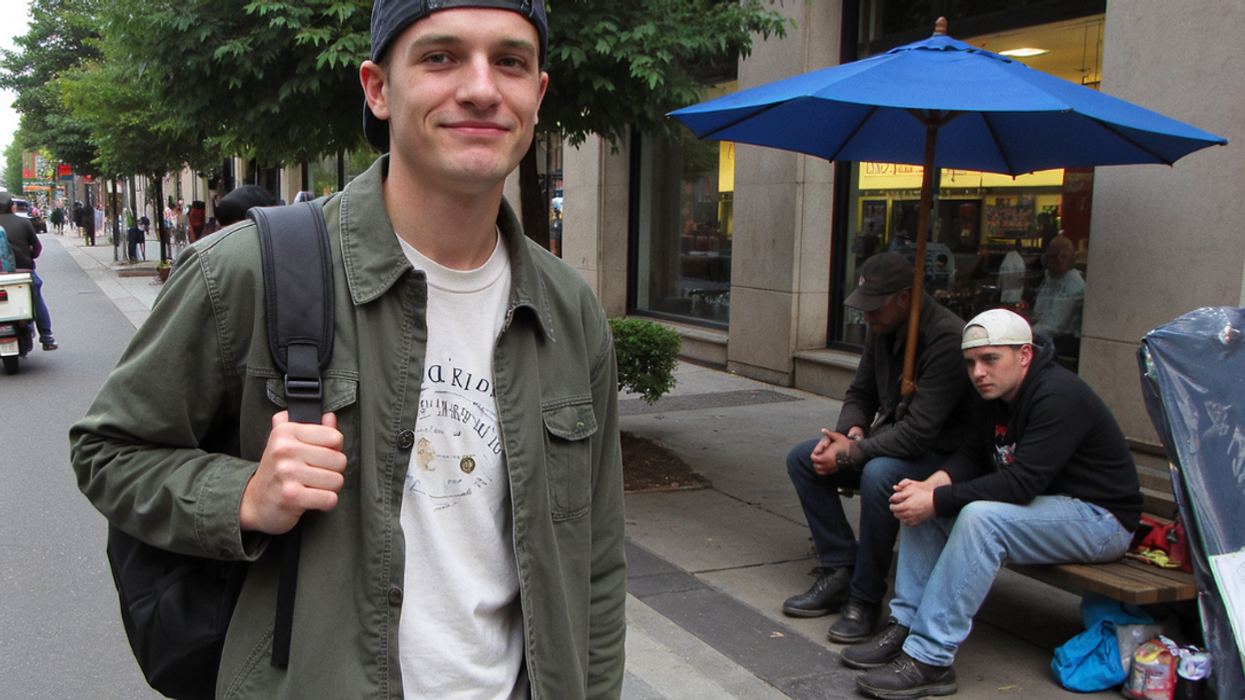



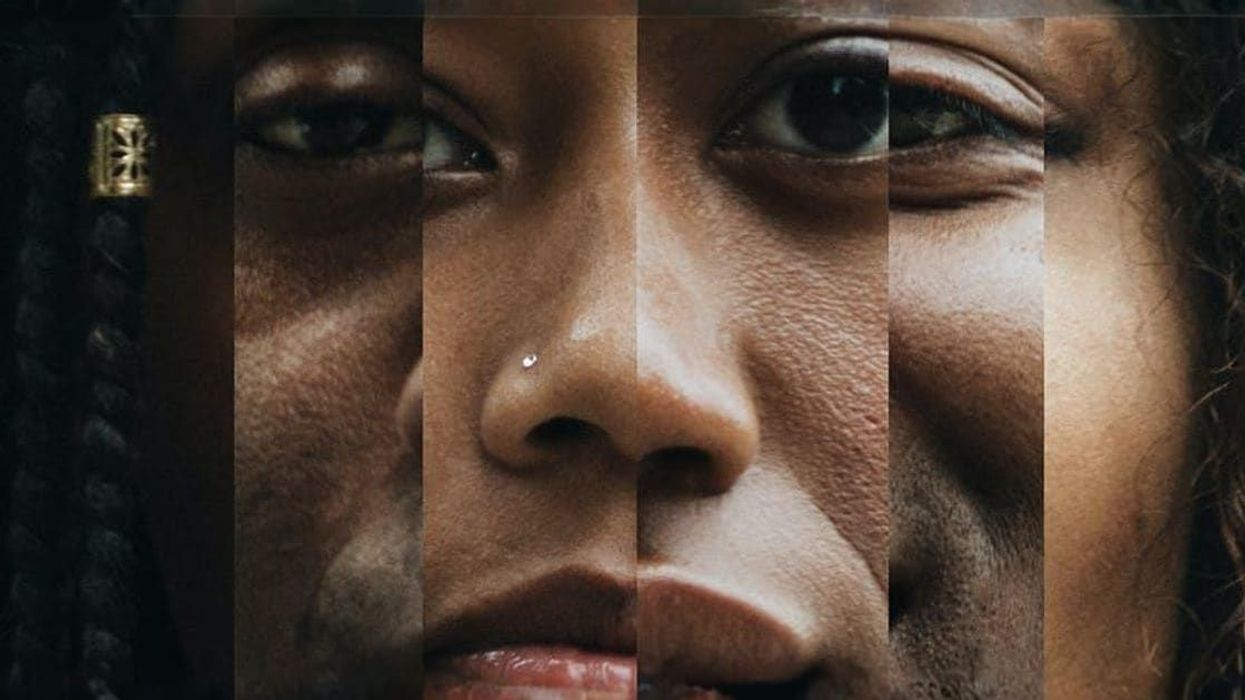
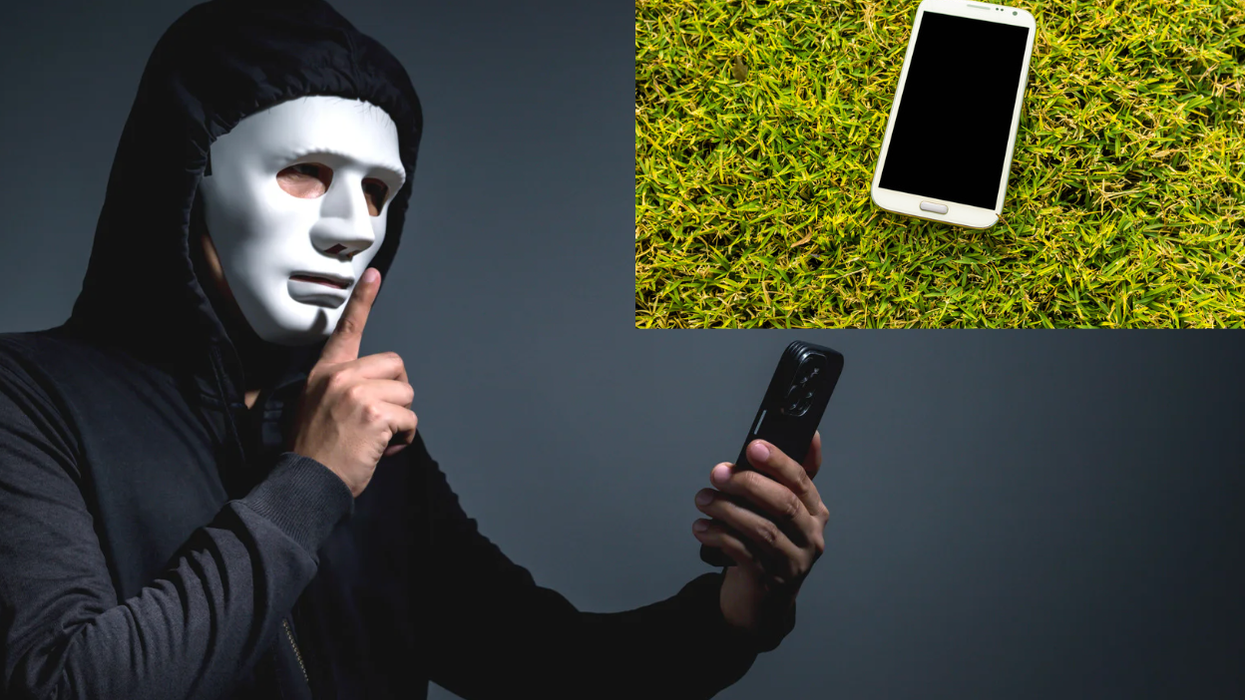

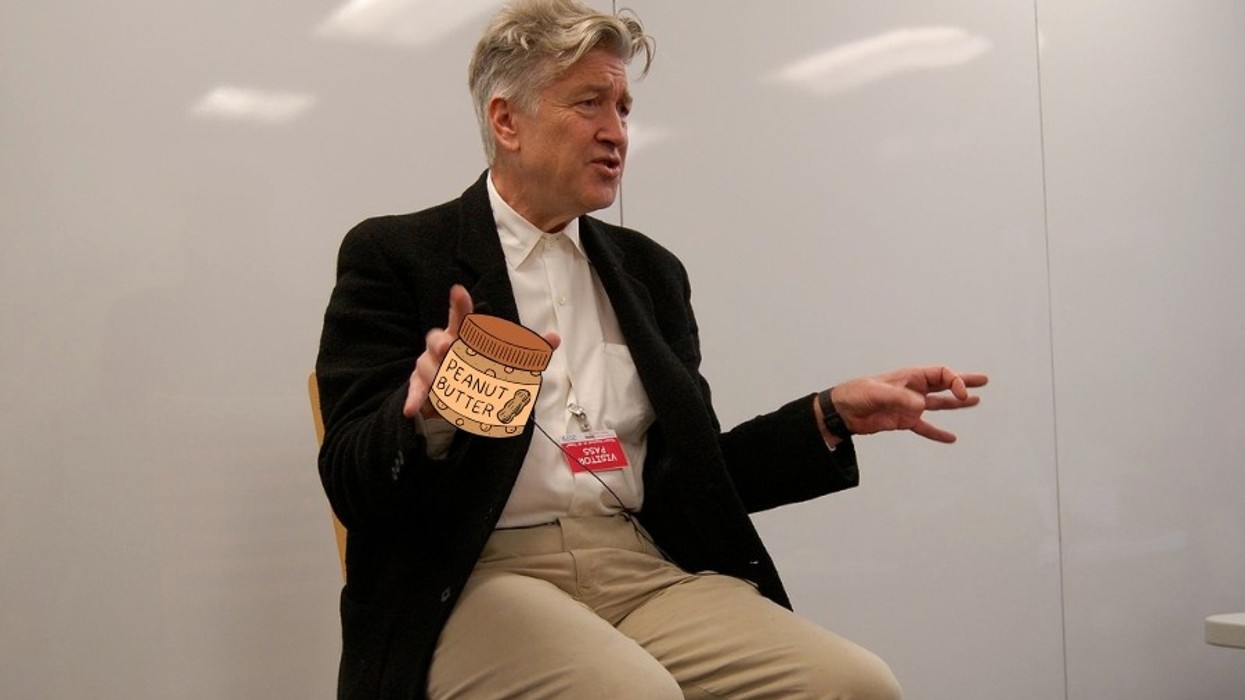

 This is an AI-generated image using the language "A beautiful woman with long eyelashes and red lips surrounded by swirls of colorful makeup." AI/Canva/Elyssa Goodman
This is an AI-generated image using the language "A beautiful woman with long eyelashes and red lips surrounded by swirls of colorful makeup." AI/Canva/Elyssa Goodman 

 Wiman hiding her face behind a bunch of cashCanva
Wiman hiding her face behind a bunch of cashCanva A mansion and its reflection in the swimming poolCanva
A mansion and its reflection in the swimming poolCanva Salzburg at nightCanva
Salzburg at nightCanva Fancy homeCanva
Fancy homeCanva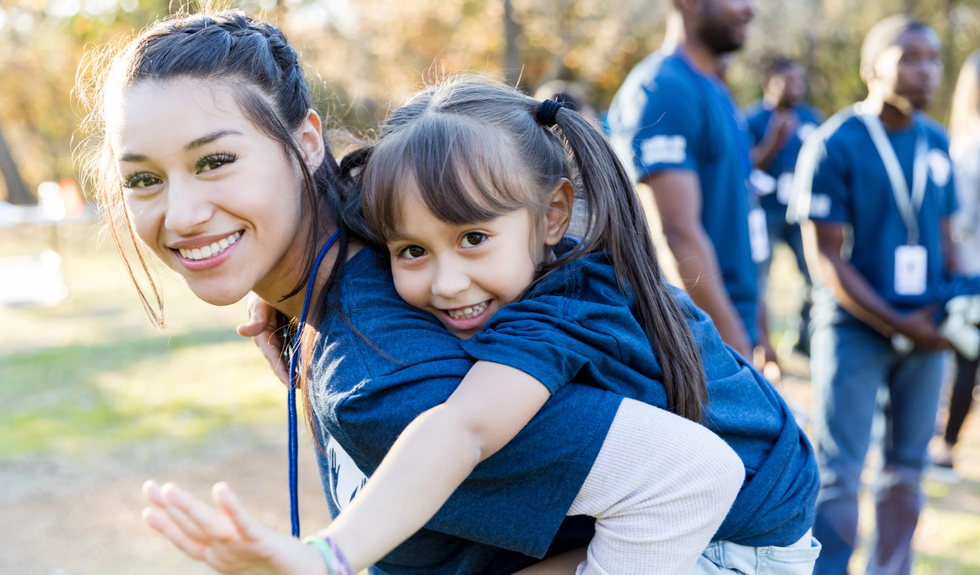 Happy volunteersCanva
Happy volunteersCanva
 Parents of young children get more time with them if they work from home.Photo credit: Canva
Parents of young children get more time with them if they work from home.Photo credit: Canva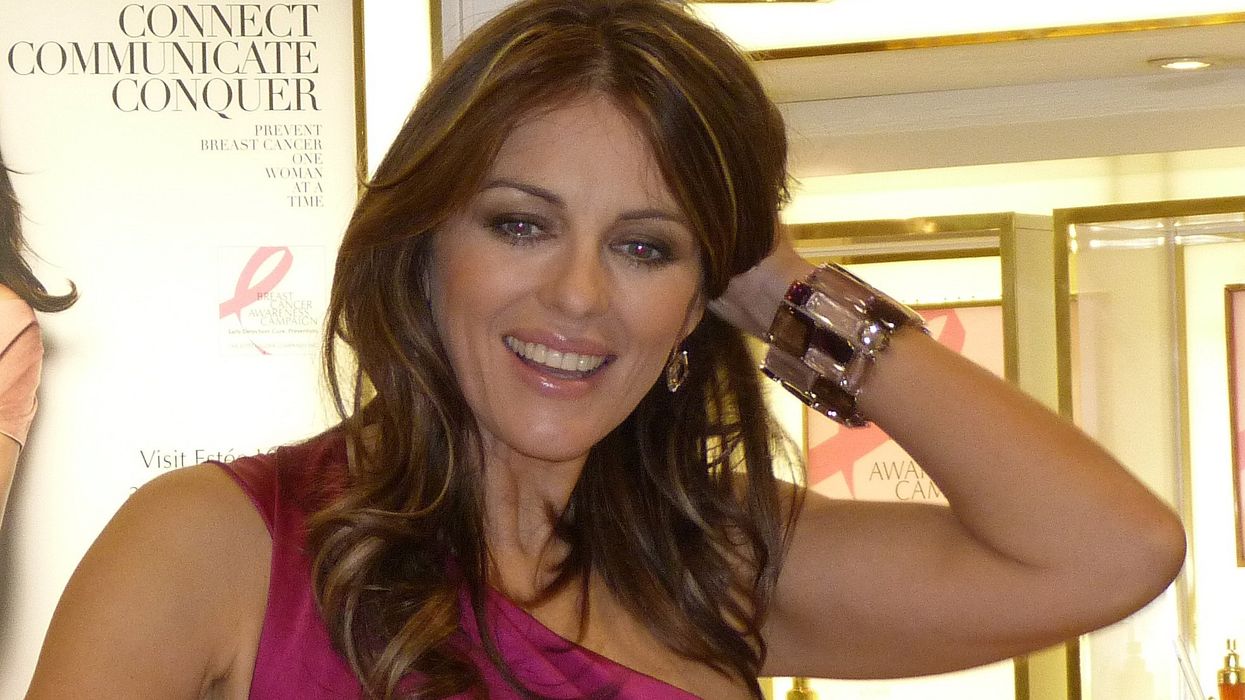
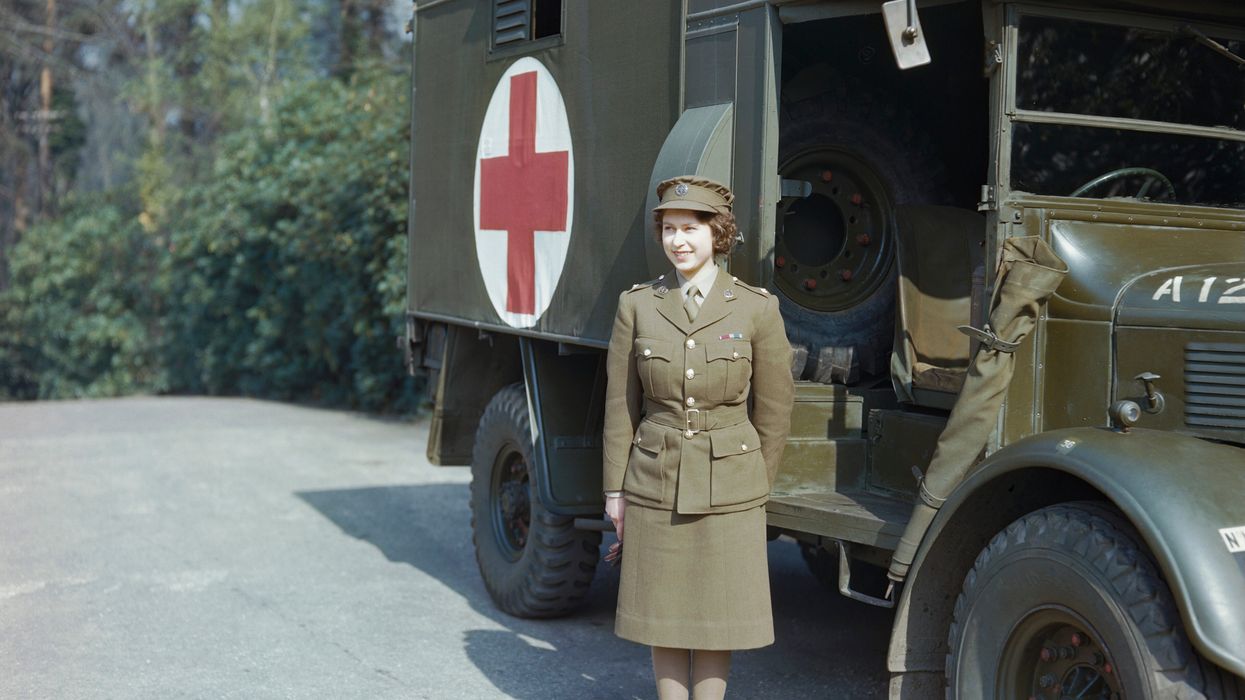

Grieving couple comforting each other
This response to someone grieving a friend might be the best internet comment ever
When someone is hit with the sudden loss of a friend or loved one, words rarely feel like enough. Yet, more than a decade ago, a wise Redditor named GSnow shared thoughts so profound they still bring comfort to grieving hearts today.
Originally posted around 2011, the now-famous reply was rediscovered when Upvoted, an official Reddit publication, featured it again to remind everyone of its enduring truth. It began as a simple plea for help: “My friend just died. I don't know what to do.”
What followed was a piece of writing that many consider one of the internet’s best comments of all time. It remains shared across social media, grief forums, and personal messages to this day because its honesty and metaphor speak to the raw reality of loss and the slow, irregular path toward healing.
Below is GSnow’s full reply, unchanged, in all its gentle, wave-crashing beauty:
Why this advice still matters
Mental health professionals and grief counselors often describe bereavement in stages or phases, but GSnow’s “wave theory” gives an image more relatable for many. Rather than a linear process, grief surges and retreats—sometimes triggered by a song, a place, or a simple morning cup of coffee.
In recent years, this metaphor has found renewed relevance. Communities on Reddit, TikTok, and grief support groups frequently reshare it to help explain the unpredictable nature of mourning.
Many readers say this analogy helps them feel less alone, giving them permission to ride each wave of grief rather than fight it.
Finding comfort in shared wisdom
Since this comment first surfaced, countless people have posted their own stories underneath it, thanking GSnow and passing the words to others facing fresh heartbreak. It’s proof that sometimes, the internet can feel like a global support group—strangers linked by shared loss and hope.
For those searching for more support today, organizations like The Dougy Center, GriefShare, and local bereavement groups offer compassionate resources. If you or someone you know is struggling with intense grief, please reach out to mental health professionals who can help navigate these deep waters.
When grief comes crashing like the ocean, remember these words—and hang on. There is life between the waves.
This article originally appeared four years ago.